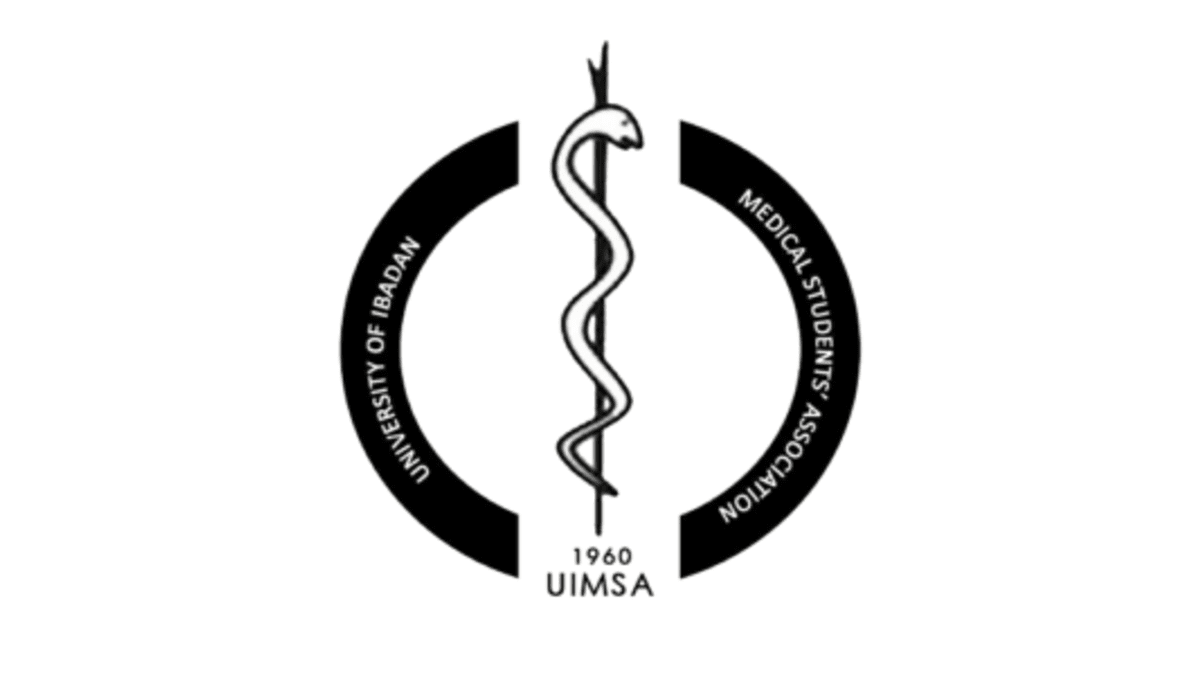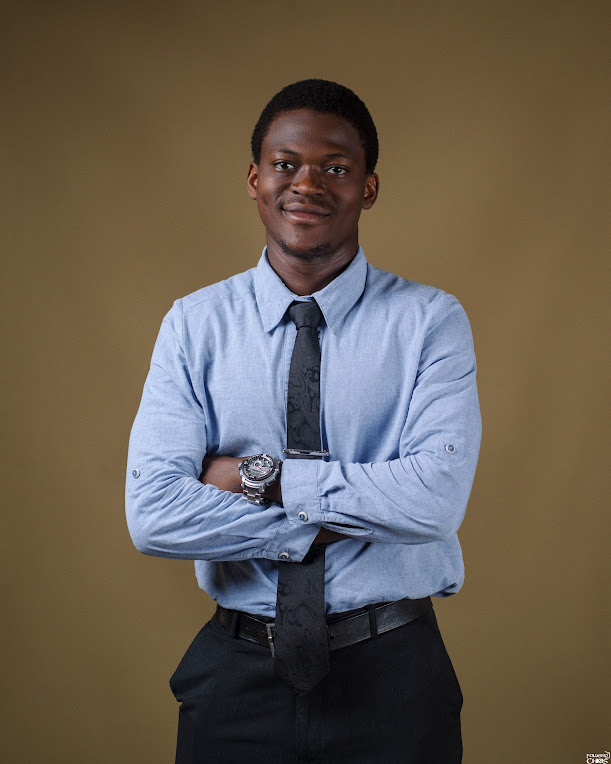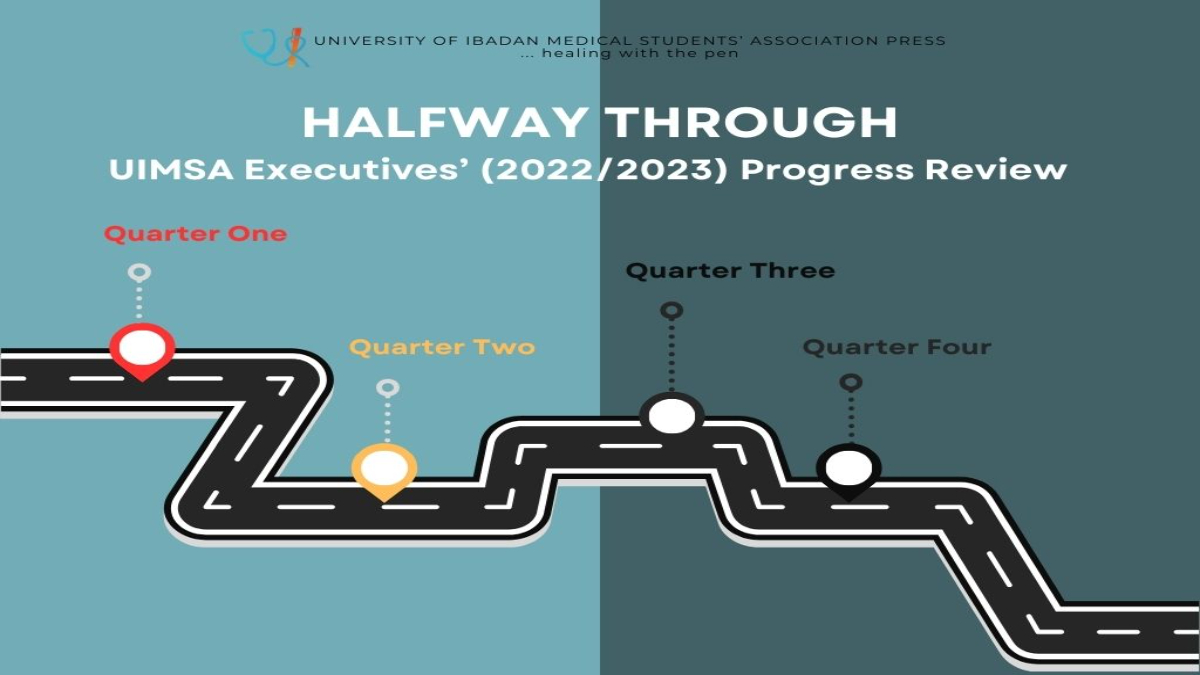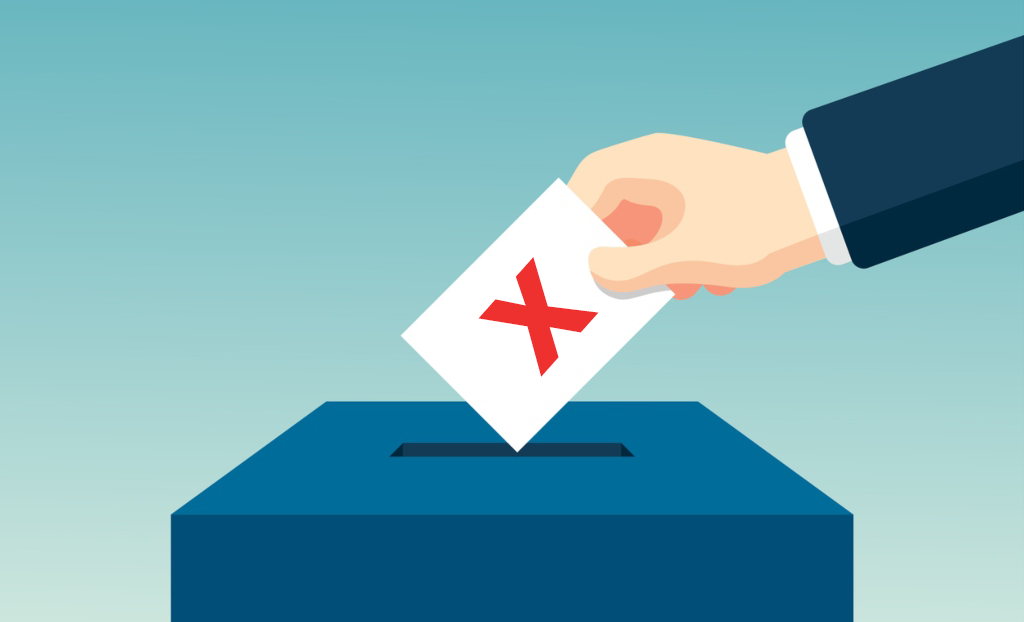On UIMSA’s Repeated Foregoing of Bye-Elections

It is not exactly breaking news that the UIMSA elections that were held on the 20th of April, 2024, saw the election and, progressively, the inauguration of the Joshua-Inioluwa-John-led administration. Following the electioneering process, two executive seats were left vacant, namely that of the Financial Secretary and Treasurer. And during the second ordinary meeting for the tenure held on Saturday, 11th of May, 2024, at the Famewo Common Room, Alexander Brown Hall, the UIMSA Senate swore in Vanessa Ehiorobo and Adedolapo Salami, as Financial Secretary and Treasurer, respectively, both having tallied 19 of the available 19 votes from the sitting Senators.
According to Article XXIII of the University of Ibadan Medical Students’ Association Constitution, Sub-Sections 23 and 24 make provisions for elections and possible vacancies within the tenure.
(23) When an elected office becomes vacant by virtue of resignation or otherwise, the vacant office shall be filled within thirty (30) days of the occurrence of such vacancies. The process shall be by bye-election and shall be conducted in the manner of the ordinary election.
24. Where (23) above fails to fill the vacant positions, the Senate shall have the power to:
a) In the case of the Executive Council, appoint a member of the Association to the office on the recommendation of the Executive Council and ratification by two-third (2/3) majority of Senators present and voting.
b) In the case of the Senate, co-opt any member of the Association subject to ratification of majority of Senators present and voting.
A perusal of the above shows that, in this instance, there was a noticeable skip to Article 24, an action that might appear to contravene the Constitution. But speaking with the Press, the erstwhile Chairman of the UIMSA Electoral Commission, Miss Angela Edhere, pointed out that Section 23 above, only applies when vacancies occur during the tenure, necessitating the skip and making it valid. She highlighted that it was tied to Sub-Section 8, 10 and 11 of the same Article which states that “in the event of less than two (2) candidates qualifying to contest for an Executive office, the Electoral Commission shall declare a well-published 2-day grace period for further nominations to that particular office” and “ in the event that an office is without nominations at the end of this 2-day period, the Electoral Commission shall declare the office vacant“, leading to the resolution in Sub-section 11 that’s basically 24(a), above.
However, this course of action is still concerning. It’s the fourth consecutive instance of Executives being appointed at the beginning of a tenure, with the elections of Anthony Ugah, Olorunyomi Fola-Oyetayo and Precious Ajibola as Special Duties Officer (Clinicals), Sports Secretary and Public Relations Officer, respectively, under the Olaoluwa Olorunfemi-led 202/2021 Administration, being the earliest. This pattern highlights UIMSA’s perennial struggle with political apathy, but that’s a subject for another day. The main subject here is that, for the last three tenures, UIMSAites have had to place their trust in the Executive Council to seek qualified candidates and the Senate to screen and ratify them. And this isn’t in the best interest of democracy.
For one, it creates potential conflicts of interest as far as appointments are concerned. The purpose of a bye-election is to ensure that the majority once again have a say in determining who leads them for a session. Refusal to grant this limits this to the initial decision of less than nine and a maximum of thirty-two on the Senate floor. Were ours to be a system that operates an Electoral College, it would be fair, but that’s not the case here. Appointments are likely to be more subjective than elections themselves – sentimental as they already are – and this gives room for limited scrutiny if and when said appointee underperforms. It also doesn’t help that the metrics for the screening and selection process by Executives aren’t made public. This could breed distrust for subsequent Executive Councils, an outcome that would easily be sidestepped if a bye-election precedes.
Furthermore, repeated occurrences of this skip could worsen the state of apathy in the association. Applicants who might ordinarily be wary of the election process have a greater incentive to sit back and observe proceedings and then indicate interest when calls for appointments are sent out. Our Association shouldn’t have to settle for individuals unprepared to do the actual job of campaigning and contesting.
Lastly, it contrasts what’s obtainable in sister organisations like the Unibadan Association of Dental Students and Alexander Brown Hall. In the Alexander Brown Hall Constitution, for instance, Section 7(i) and (ii) of Article 7 state that “when there is a vacancy either due to resignation, dismissal or the office is not contested for otherwise of any HEC member, nominations shall be made to the Hall Assembly and voting exercises conducted with the nominees present in the meeting” with such elections conducted “within 21 days of the vacancy by the Hall Assembly“. UIMSA’s standard for selecting her executives should mirror that of her counterparts, otherwise, we stand a risk of staying stuck in the past while others make adaptations to the state of the electorate.
Now, this is not to say that appointed executives are mostly underperformers. It’s UIMSA, after all, and excellence is the norm. It just means that the odds of picking out such stellar individuals decreases substantially. To remedy this, a bill to amend this aspect of the Constitution should be considered. As it stands, Constitution Reviews are limited to five-year intervals. The last review took place in 2022, meaning that until 2027, alterations on such a scale are out of the question. However, provisions in Article XXXII allow for “amendment of existing laws in the constitution which are thought to be inadequate either because of some changes in government policies (University of Ibadan policies in our case) or the society (members of the Association)”. The increasing spate of apathy falls into the latter category. This amendment could help ensure that the condition for bye-elections is extended to cover vacancies outside the tenure such that the context of an executive vacating office mid-tenure isn’t equated to that of an unoccupied office a few weeks post-election.
While this means more in terms of financial cost and hours spent in legislation, it’s a cost in the Association’s best interest. All eyes on the UIMSA legislature.
John Eriomala





Unfortunately this article does not refer to the part of the constitution concerned with this specific situation.
Article XXIII, No 10 & 11
10. In the event an office is without nominations at the end of the 2-
day period of grace, the Electoral Commission shall declare the
office vacant.
11. The incoming Senate shall then appoint, by a two-third (2/3)
majority of Senators present and voting, a member of the
Association to the office on the recommendations of the
incoming Executive Council
Hence, the legislative follows the instructions of the Constitution to the letter.